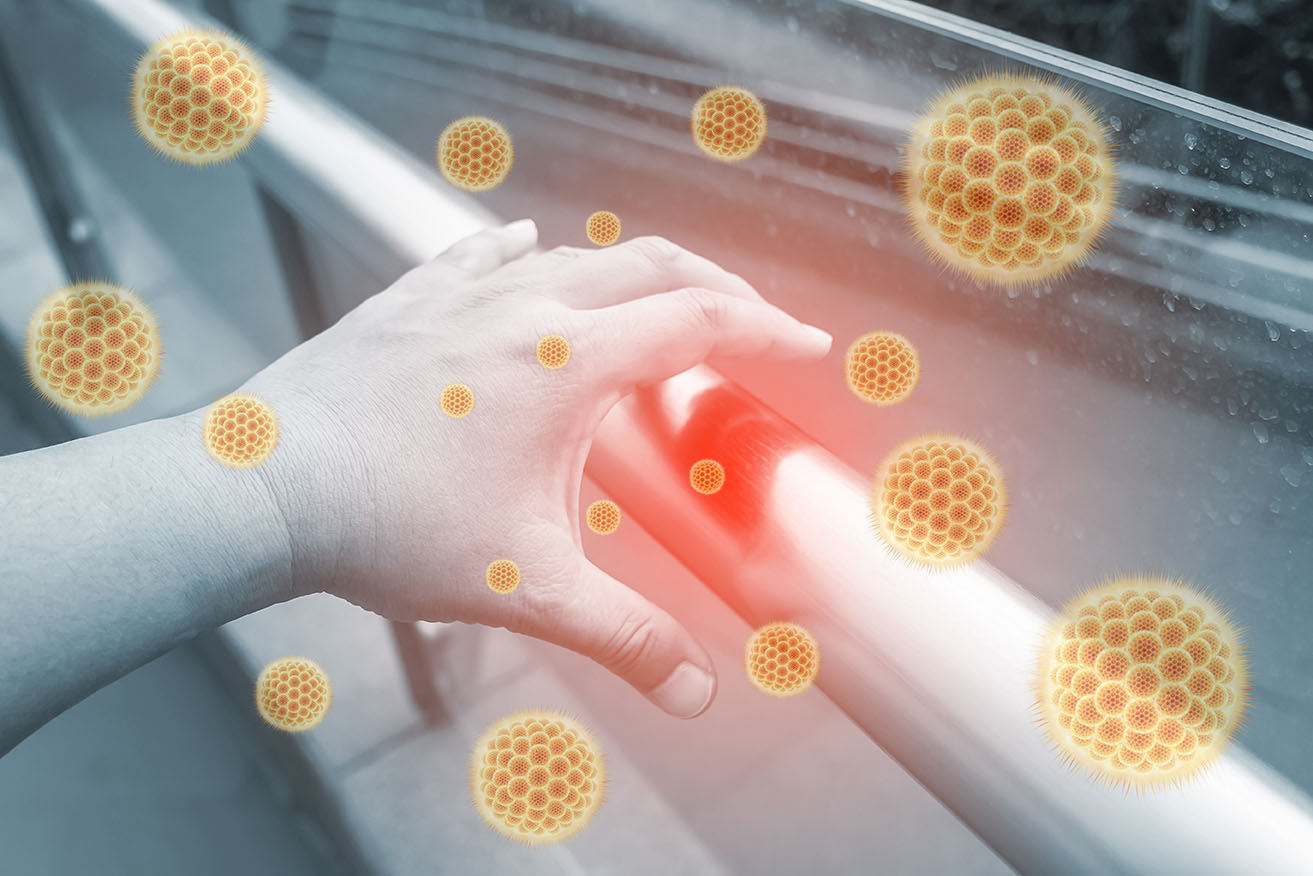

Germs are tiny living things that can cause disease. They are so small that you can't see them with your naked eye, but they are all around us.
Germs can live on surfaces, in the air, and even in our bodies. Some germs are harmless, but others can make us sick.
When germs get into our bodies, they can cause an infection. An infection is when germs make us sick by multiplying and spreading throughout our bodies.
There are many different types of germs, but some of the most common ones that cause disease include bacteria, viruses, fungi, and parasites.
Bacteria are single-celled organisms that can live almost anywhere. They can cause a wide range of diseases, including strep throat, pneumonia, and food poisoning.
Viruses are even smaller than bacteria and can only live inside other cells. They cause a wide range of diseases, including the common cold, the flu, and HIV/AIDS.
Fungi are multicellular organisms that can live on plants, animals, and people. They cause a variety of diseases, including athlete's foot, ringworm, and yeast infections.
Parasites are organisms that live in or on other organisms and get their nutrients from them. They can cause a variety of diseases, including malaria, schistosomiasis, and tapeworm infections.
Germs are microscopic organisms that can cause disease.

Noun: germ.
Adjective: germy.
Verb: to germ.
Synonym: microbe.
The word "germ" comes from the Latin word "germen", which means "sprout" or "bud". The word was first used in English in the 16th century to refer to the seed or egg of an organism.
What are germs?